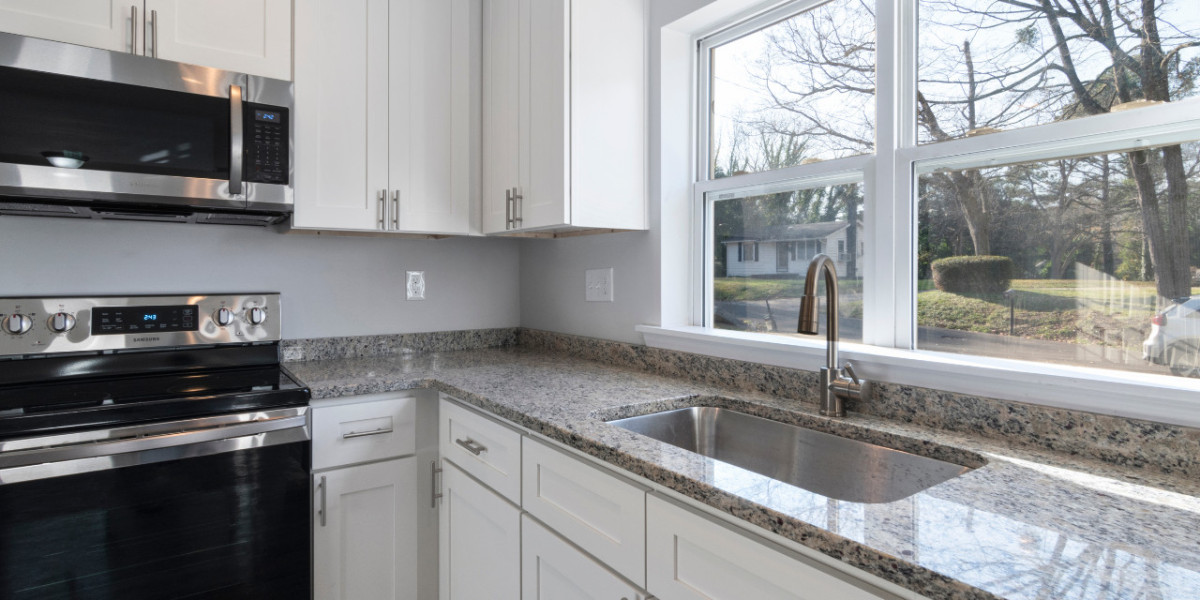Introduction to best kitchen countertop
When it comes to kitchen design, countertops are one of the most crucial elements. The best kitchen countertop combines aesthetics, durability, and functionality to meet the demands of your space. In this article, we’ll explore the top countertop materials available, comparing their pros and cons to help you make the best choice for your home.
Why Choosing the best kitchen countertop Matters
Durability is Key
Kitchen countertops endure a lot of wear and tear. From chopping vegetables to placing hot pans, your countertop must be able to handle daily tasks without damage. Choosing a durable material like granite or quartz ensures longevity and minimizes the risk of scratches, stains, or cracks.
Aesthetic Appeal
Your kitchen countertop significantly impacts the overall aesthetic of the room. Whether you prefer a sleek, modern design or a rustic, warm atmosphere, the material you choose plays a key role in defining the kitchen’s style.
Functionality and Maintenance
Beyond looks, your countertop should also serve a functional purpose. Some materials, like stainless steel, are heat-resistant and easy to clean, while others, like marble, require more careful maintenance to avoid damage.
best kitchen countertop Materials
1. Granite: Classic and Durable
Granite countertops have long been a popular choice for homeowners. This natural stone is prized for its durability, heat resistance, and natural beauty. Available in a variety of colors and patterns, granite can complement almost any kitchen style. However, it does require periodic sealing to maintain its resistance to stains.
Pros:
Heat-resistant
Durable and scratch-resistant
Wide range of colors
Cons:
Requires regular sealing
Can be expensive
2. Quartz: Engineered for Perfection
Quartz countertops are engineered from natural stone mixed with resin, creating a non-porous and highly durable surface. Unlike granite, quartz doesn’t need to be sealed, making it a low-maintenance option. It also comes in a wide variety of colors and patterns, offering flexibility in design.
Pros:
Non-porous and stain-resistant
Low maintenance
Wide variety of designs
Cons:
Can be pricey
Less heat-resistant than granite
3. Marble: Luxurious but High-Maintenance
Marble countertops exude luxury and sophistication. With its smooth surface and beautiful veining, marble is perfect for creating an elegant kitchen. However, it’s softer than other stones and more prone to scratching and staining. Regular sealing and careful maintenance are necessary to preserve its beauty.
Pros:
Luxurious appearance
Great for baking due to cool surface
Cons:
Prone to stains and scratches
Requires frequent sealing
4. Butcher Block: Warm and Natural
Butcher block countertops bring a warm, natural feel to the kitchen. Made from wood, these countertops are ideal for food prep areas, adding a rustic charm to your home. However, they require regular oiling and are prone to scratches and dents.
Pros:
Warm, natural appearance
Great for cutting and food prep
Cons:
Requires regular maintenance
Prone to scratches and water damage
5. Stainless Steel: The Professional’s Choice
Stainless steel countertops are commonly found in professional kitchens due to their durability and resistance to heat and bacteria. They’re easy to clean and maintain, making them a practical choice for busy kitchens. However, they can show scratches and fingerprints more easily.
Pros:
Heat-resistant and hygienic
Easy to clean
Cons:
Can scratch and dent
Shows fingerprints easily
6. Concrete: Modern and Customizable
For a modern, industrial look, concrete countertops are an excellent option. They can be customized in terms of color and texture, offering a unique design element to any kitchen. However, they require regular sealing and may be prone to cracking over time.
Pros:
Highly customizable
Durable and heat-resistant
Cons:
Prone to cracking
Requires sealing








